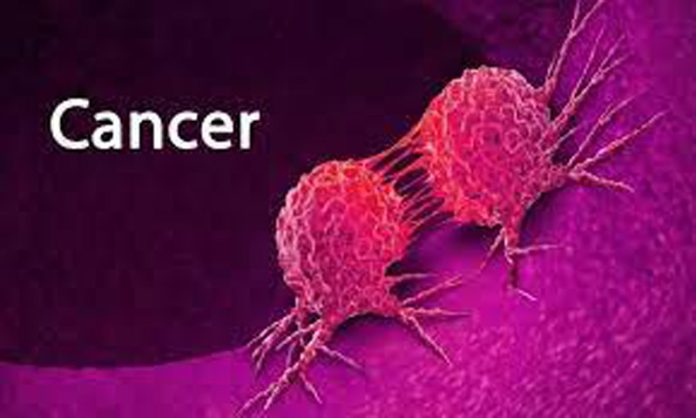The spectre of cancer looms large over J&K and Ladakh, with mortality rates on a worrying upward trend. The stark data presented paints a grim picture: a steady increase in cancer deaths year after year, with no immediate signs of abating. This escalating crisis demands immediate and collective action, encompassing individual lifestyle choices, public health initiatives, and robust healthcare infrastructure. While the government’s efforts to strengthen healthcare infrastructure and raise awareness are commendable, they are not enough. Individual responsibility plays a crucial role in mitigating this risk. Embracing a healthy lifestyle, characterised by regular physical activity, a balanced diet rich in fruits, vegetables, and whole grains, and limited exposure to harmful substances like tobacco and polluted air, is a powerful armour against this disease.
Individual choices alone cannot win this battle. The environment we inhabit plays a major role. Air and water pollution, fuelled by industrial emissions and irresponsible practices, act as silent killers, exposing us to carcinogens at every turn. Addressing these environmental challenges requires stringent regulations, stricter enforcement, and a shift towards sustainable practices. Furthermore, the alarming increase in chemical use in agriculture demands urgent attention. These chemicals, often lauded for their productivity-enhancing effects, come at a heavy cost-our health. Investing in organic farming practices and promoting responsible use of agrochemicals are crucial steps to protect ourselves and future generations.
Cancer casts a long shadow over J&K and Ladakh, with a worrying rise in mortality rates. But amidst this crisis, another concerning aspect emerges a stark lack of cancer research specific to these regions. Unlike prestigious institutes like AIIMS and PGIMER, the local scene suffers from a dearth of research activity. This gap hinders our understanding of the unique factors driving this increase and impedes the development of effective solutions. Adding to the woes are the questionable roles of municipal corporations and local bodies. The lack of sewage treatment plants, rampant plastic use, and unchecked adulteration in food raises serious concerns about their commitment to public health. The Pollution Control Board fares no better, with its infrequent and inadequate pollution checks failing to address the issue effectively. The vastness of the region and population pose challenges, but the lack of consistent monitoring and enforcement paints a worrisome picture.
Early detection is another key weapon in this fight. Regular screenings and increased awareness about early signs and symptoms can lead to a timely diagnosis and better treatment outcomes. Public health campaigns tailored to different communities, coupled with readily available screening facilities, are vital to bridge the gap in early detection, particularly in remote areas. Beyond individual and governmental efforts, fostering a culture of collaboration is crucial. Engaging communities, empowering local NGOs, and leveraging local knowledge can create a powerful network for prevention, awareness, and support.
However, a glimmer of hope exists in the establishment of the State Cancer Institute and the upcoming AIIMS. These institutions hold the potential to spearhead much-needed research into the root causes of cancer in the region. While factors like groundwater pollution, chemical and pesticide use, plastic dependence, and smoking are likely culprits, accountability remains a pressing need. Departments tasked with tackling these issues must be held responsible for their performance. The fight against cancer requires a multi-pronged approach. From individual lifestyle choices to robust healthcare infrastructure and environmental protection, each stakeholder-individuals, communities, and government-has a vital role to play. The administration cannot turn a blind eye to this escalating crisis. Officials must act with urgency, forming dedicated task forces to conduct regular and comprehensive checks. Ignoring this situation carries severe consequences; no one is immune to the threat of cancer. Communities have to come together, heed expert advice, and work towards creating an environment that prioritises health and well-being. Only through a combined effort can the region hope to reverse the current trajectory and create a healthier future for its residents.


